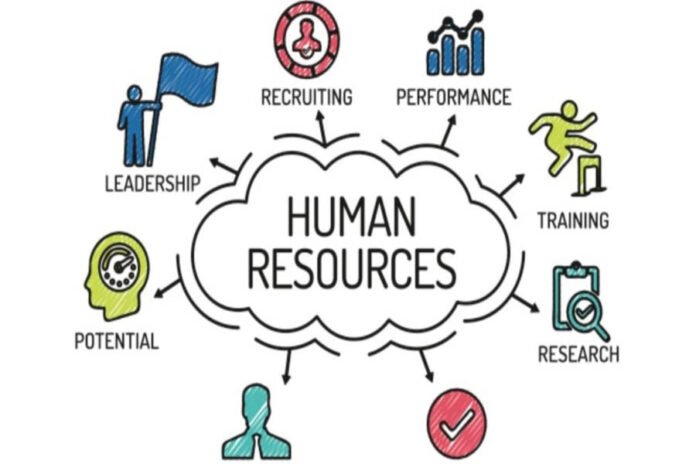HR (Human Resources) department contributes to the overall success and stability of any organization, hence it becomes necessary to invest money in it.
Let us try to understand the importance of investment in Human Resources (HR) department through a story –
Once upon a time, there was a company named XYZ in a busy town named Prospera. XYZ was known for its innovative products and services. But its success was not only due to cutting-edge technology. The company’s leadership understood the importance of investing in HR. The reason behind this is revealed from an old story of the company.
In the early days of XYZ, the HR department was often ignored and considered a mere administrative necessity. However, as the company grew, leadership realized that its greatest asset was not the technology it developed but the people driving that innovation.
One day CEO Mr. ABC noticed a worrying trend – declining employee morale and falling turnover. Given its impact on company productivity and culture, Mr. ABC decided to reevaluate the role of the HR department.
She is a dynamic HR Director Ms. brought in PQR, which understood the importance of nurturing a positive work environment. Ms. PQR started with regular communication channels and feedback sessions. Implemented various initiatives to increase employee engagement. He initiated training programs to help employees develop skills and provide resources for career growth within the company.
As time passed, positive changes became apparent in XYZ. The satisfaction level of employees increased and the turnover rate increased significantly. The company started hiring talented people and existing employees became promoters of the company culture.
One day a big crisis hit the tech industry, affecting many companies including XYZ. However, the company’s resilience lies in its strong workforce. Employees become loyal and committed to the company after knowing that XYZ Company cares about their well-being and development.
In the end, XYZ not only faced this crisis but also emerged stronger. The company’s investment in its HR department paid off by retaining its talented employees, maintaining a positive work culture, and continuing to innovate in the face of challenges.
Why is it important for a company to invest in an HR department?
Talent Acquisition and Retention: HR professionals play a vital role in acquiring new talent and retaining them in the company. Investing in recruiting strategies, employee benefits, and professional development programs helps organizations build a skilled and motivated workforce.
Employee Engagement and Satisfaction: An engaged and satisfied workforce is more productive and committed. HR departments invest in creating a positive work culture, conducting employee engagement surveys, and implementing initiatives that increase job satisfaction.
Training and Development: Continuous learning and development is important for employee growth and adaptation to changing job requirements. Investing in training programs, workshops, and educational resources helps employees learn new skills and stay relevant in their roles.
Conflict Resolution and Employee Well-Being: HR professionals handle conflicts, grievances and issues that arise in the workplace. Investment in HR ensures that mechanisms are in place to facilitate effective conflict resolution, promote healthy work environments, and prioritize employee well-being.
Compliance and Risk Management: Employment loss and regulations are always changing. HR departments ensure that organizations comply with legal requirements, thereby reducing the risk of legal issues. This helps avoid investment penalties and promotes a reputation as a responsible employer.
Diversity and Inclusion: Embracing diversity and fostering an inclusive workplace is important for innovation and creativity. HR investments in diversity and initiative contribute to a more dynamic and representative workplace, which can improve problem-solving and decision-making.
Succession Planning: Preparing for the future is essential, and HR plays a role in succession planning. Ensures smooth transition of HR responsibilities and maintains continuity in identifying and developing potential leaders within the organization.
Technology and HR Systems: Investment in modern HR technologies and systems streamlines processes, making HR functions more efficient. Automated systems for payroll, benefits administration, and employee data management contribute to overall organizational effectiveness.
Brand Image and Reputation: A well-managed HR department contributes to a positive employer brand and corporate reputation. A company that values its employees is more likely to attract top talent and maintain positive relationships with clients, customers and other stakeholders.
Adaptation to change: In a rapidly evolving business environment, HR helps the organization adapt to change. Be it restructuring, mergers and acquisitions, or technological advancements, HR investments ensure that employees are supported during change.
An investment in the HR department is an investment in the people who drive the success of an organization. A well-functioning HR department contributes to a positive workplace culture, employee satisfaction, legal compliance and overall organizational resilience in the face of challenges.



